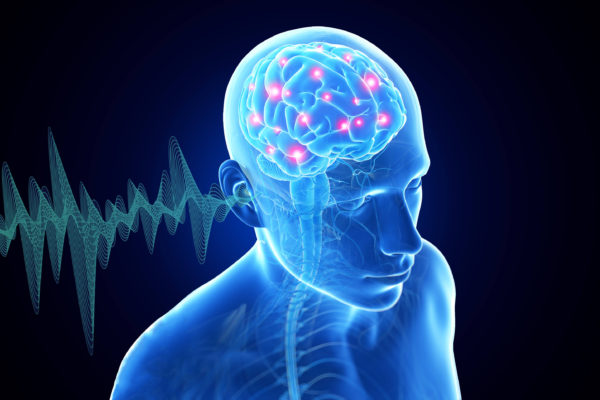Hearing Loss and the Brain

.
You have had a hearing assessment; a hearing loss has been identified and hearing aids have been recommended. Aside from the benefits of being able to hear the people and things you love again why should you treat hearing loss?
Did you know we hear with our brains not just our ears? The ears pick up the sounds but it is your brain that does all the processing and understanding of the sounds. Recent research has found that hearing loss can have some serious flow on effects for our brains and overall health.
.
.
This includes:
· a significant increase in the likelihood of having a fall in older adults
· increased odds of depression
· increased odds of being socially isolated
· higher hospitalization rates and longer hospital stays
· increased risk of cognitive decline
· increased mental load required to follow conversations resulting in less mental capacity for memory and other tasks
.· higher hospitalization rates and longer hospital stays
As New Zealand’s and in fact the world’s population ages, the causes and impacts of diseases prevalent among the aging population including dementia have been a focus of medical research worldwide. In 2017 The Lancet published a report on a Commission on dementia prevention, intervention, and care. In this report 9 modifiable risk factors for dementia were identified – one of which was hearing loss. The relationship between hearing loss and dementia is still being investigated. One of the widely held theories is that having a hearing loss reduces a person’s cognitive reserve, in other words it reduces the brains functioning.
.
.
A recommendation on the prevention of dementia:
Dementia prevention, intervention, and care: 2020 report of the Lancet Commission, July 30, 2020, https://doi.org/10.1016/, S0140-6736(20)30367-6
“Encourage use of hearing aids for hearing loss and reduce hearing loss by protection of ears from excessive noise exposure.”
The great news is that research shows that the sooner the hearing loss is treated, the better it is for your brain.
By wearing hearing aids regularly, the brain is once again receiving the amount of information and stimulation it is designed to, this is thought to help maintain the individual’s cognitive reserve.
If you would like to find out more about hearing loss and the brain or find out if you may benefit from hearing aids or custom hearing protection options we are happy to have a chat here at Blackmore Audiology.
.
Hearing loss and falls: A systematic review and meta-analysis, Nicole Tin-Lok Jiam , Carol Li , Yuri Agrawal Laryngoscope, 2016 Nov;126(11):2587-2596.
Hearing Loss and Depression in Older Adults: A Systematic Review and Meta-analysis, Blake J Lawrence , Dona M P Jayakody , Rebecca J Bennett , Robert H Eikelboom , Natalie Gasson , Peter L Friedland, 2020 Apr 2;60(3):e137-e154. doi: 10.1093/geront/gnz009.
The association between hearing loss and social isolation in older adults, Paul Mick 1, Ichiro Kawachi, Frank R Lin. Otolaryngol Head Neck Surg. 2014 Mar;150(3):378-84. doi: 10.1177/0194599813518021
Untreated Hearing Loss Linked to Depression, Dementia (aarp.org)Hearing Aids Can Mean Fewer Emergency Department Visits (aarp.org)
